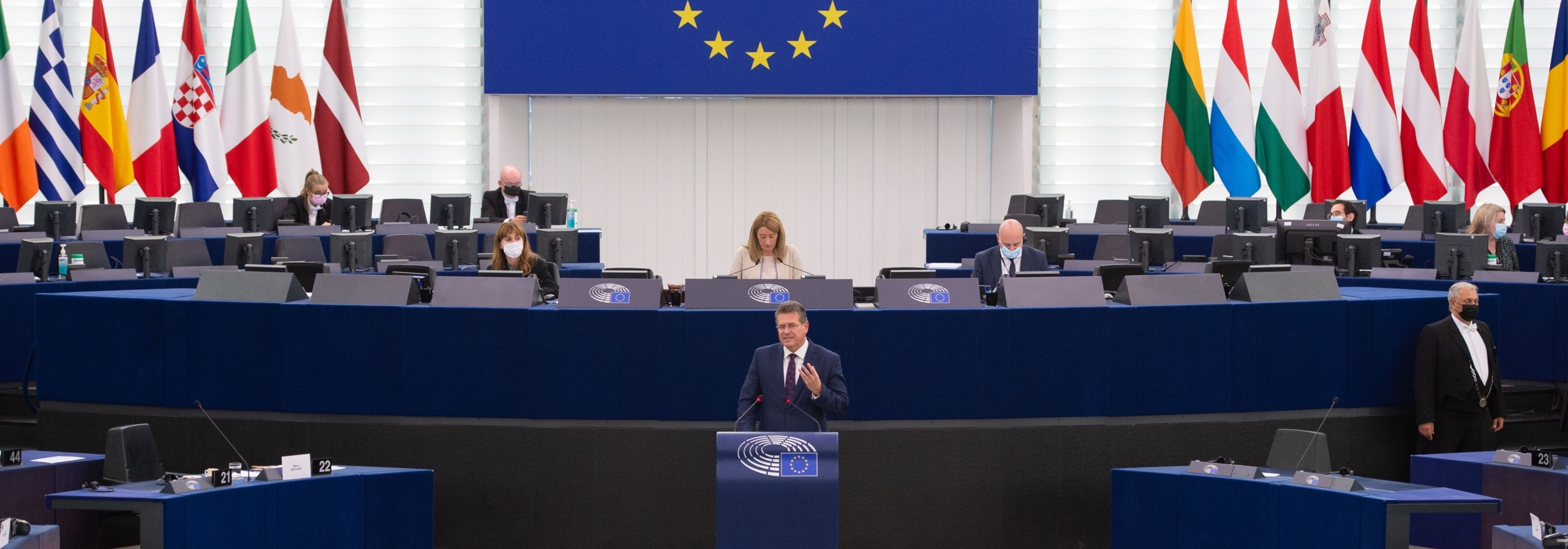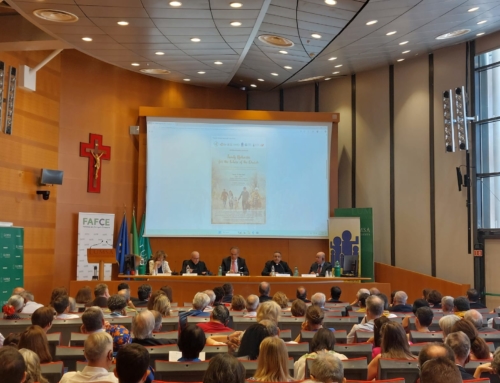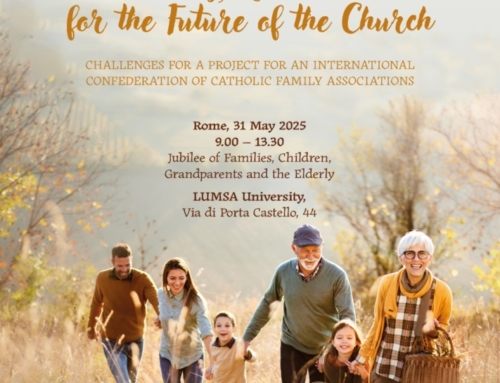What to expect in 2022 at the EU level
Key highlights of the European Commission 2022 work programme
5 November 2021
The European Commission adopted on the 19th of October 2021 its work programme for 2022. Slowly coming out from more than a year of pandemic, the Commission wishes to look forward with its motto “Making Europe stronger together”. As an example, a particular attention will be given “on the young generation thanks to the proposed European Year of Youth 2022.” A concrete policy action will be the ALMA initiative (Aim, Learn, Master, Achieve), to help disadvantaged young Europeans who are not in any kind of employment, education or training.
The Von der Leyen Commission reiterated its six 5-years priorities in the programme:
- The European Green Deal
- A Europe fit for the digital age
- An economy that works for people
- A stronger Europe in the world
- Promoting our European way of life
Along those lines, a fair share of work will be invested in a “bold vision towards a human-centred, digitally-empowered Europe by 2030, with a Digital Compass to turn this ambition into reality. This includes the proposal on rules for a safe and secure internet and a common digital identity in Europe”. FAFCE welcomes the work of the Commission to update the EU rules when it comes to create a safer and more secure internet, which should include the fight against child sexual abuse, for which the European Commission is currently gathering contributions of stakeholders and civil society through a public consultation, to which FAFCE participated.
The European Commission also announced new measures to address and fight human trafficking, with “new steps to improve the secure exchange of key information with third countries to those providing security on the front line, alongside an update to the rules for advance passenger information”. This is to be welcomed, in a context of increase of cases of human trafficking worldwide, one third of victims being children.
The Commission will also engage with the deep roots of such issues, with measures to support Member-States “in improving prevention and taking support measures to tackle harmful practices against women and girls”. FAFCE welcomes such commitment and encourage the European Commission to assess the worrying increase in violence, human trafficking, child sexual abuse, sexual and reproductive exploitation of women through surrogacy, prostitution and pornography.
The European Commission continues its work to promote an extensive vision of the principle of non-discrimination within the EU: “all citizens should feel safe and without fear of discrimination or violence on the grounds of sexual orientation, gender identity, gender expression, sex characteristics, racial or ethnic origin, religion or belief, disability, or age”. As a key initiative, the recognition of parenthood between Member States and to strengthen judicial cooperation on the protection of adults in cross-border situations. In practice, this can also mean the automatic recognition of different types of civil unions within EU Member-States, up to facilitating the practice of surrogacy. FAFCE raised several concerns when it comes to the risks linked to such harmonisation of EU laws with regard to the respect of principle of subsidiarity and the best interests of children.
On another note, the Commission will take up a serious file, following the economic and financial difficulties that rose from the pandemic and its consequences with the revision of the Stability and Growth Pact: “the Commission is relaunching the public debate on fiscal rules and on the economic governance framework. It will in the first quarter of 2022 provide guidance for fiscal policy for the period ahead, with the purpose of facilitating the coordination of fiscal policies and the preparation of Member States’ Stability and Convergence Programmes.” The Commission will then propose changes to the economic governance framework, aiming to reach a consensus by 2023.
The Commission will also ensure a follow up of the Porto Social Summit and the implementation of the European Pillar of Social Rights action plan, in order to ensure that Europeans have access to quality jobs, fair working conditions and broad social protection and can enjoy better balance in their lives. In parallel, the European Commission will present a new European care strategy to address both carers and care receivers, from childcare to long-term care: “The strategy will set a framework for policy reforms to guide the development of sustainable long- term care that ensures better and more affordable access to quality services for all. It will also address childhood education and care with particular attention being paid to children with disabilities and those from disadvantaged groups. In addition, it will help close the gender employment gap, increase women’s empowerment and contribute towards gender equality, including by revising the Barcelona targets.” FAFCE will monitor the attention given to working parents, especially the respect of their freedom to decide for themselves on how they want to organise their family work-life balance.
Finally, the European Commission cannot ignore the demographic unbalance Europe currently faces, and presented both a new scheme to “manage migration and asylum”, but will also “table an initiative on brain drain and mitigating the challenges associated with population decline that will look into the different drivers, the long-term consequences and potential solutions to stop or even reverse brain drain”. In this sense, the Board of FAFCE approved a resolution at its last meeting, recalling its FAFCE Dialogues and the document it jointly produced with the Foundacion Madrina on the revitalisation of rural areas through family-friendly policies.
Image credits:









